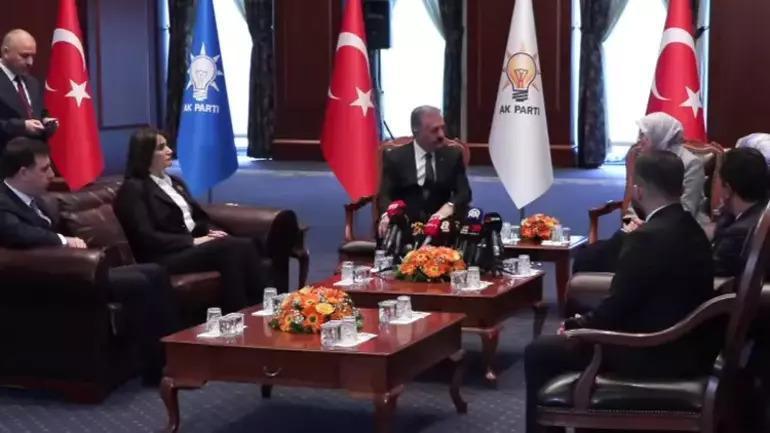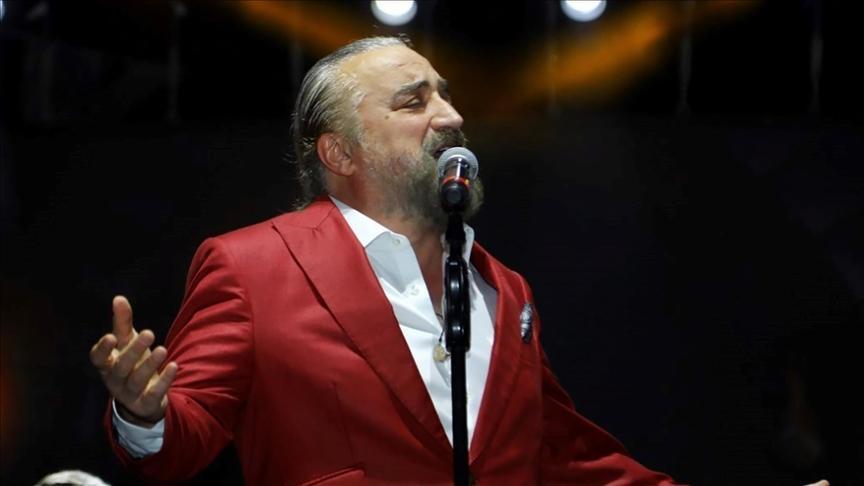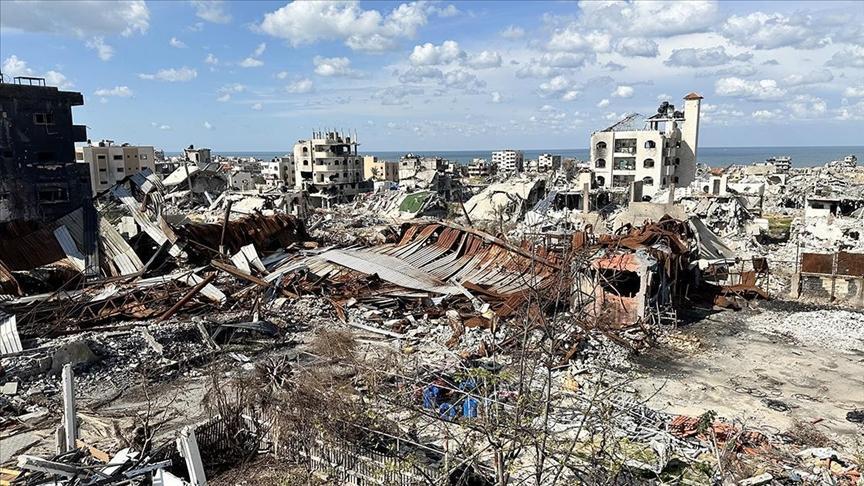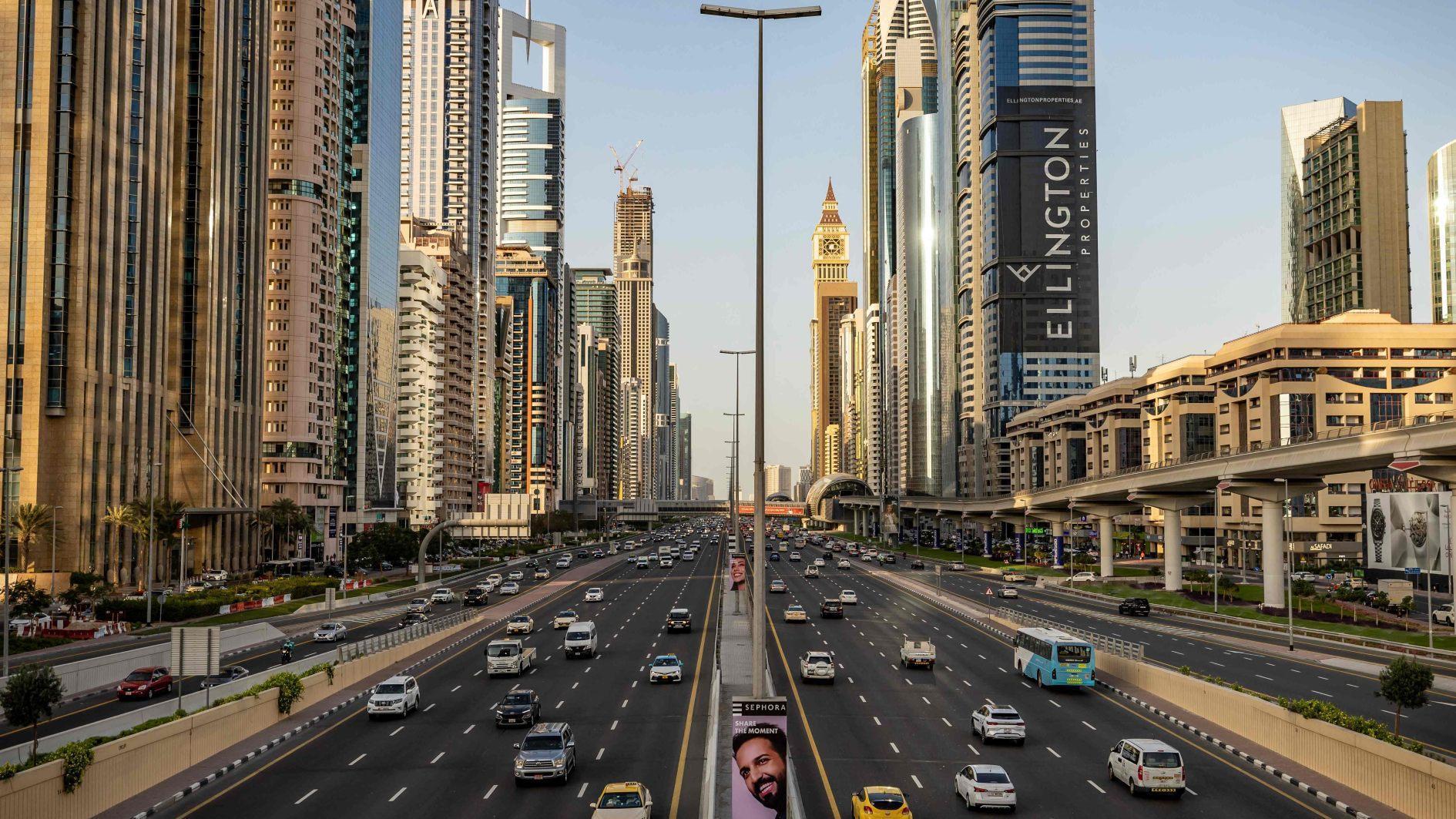Capital punishment
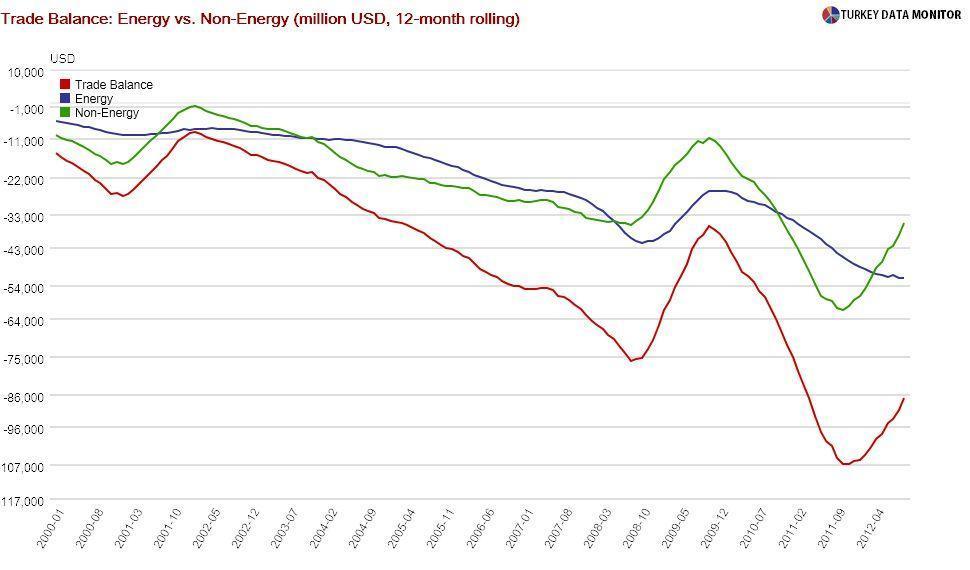 What was the most important economic event this week?
What was the most important economic event this week?
Wednesday’s September trade balance would be a good candidate. According to almost all the analysts, the figures showed that external rebalancing was underway, as the deficit continued to improve.
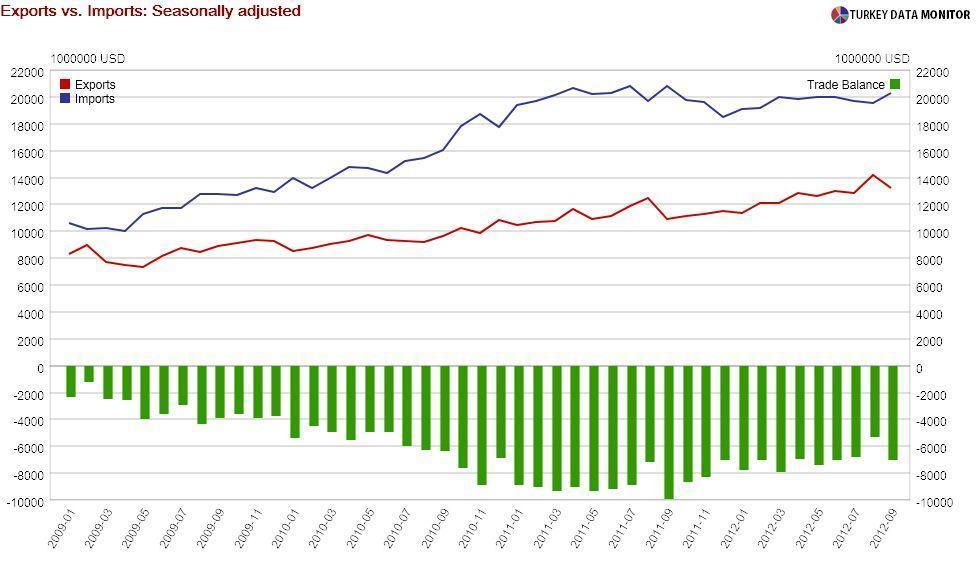
But once you look at seasonally and working-day adjusted data, you can see the pickup in imports and slowdown in exports. The latter was also apparent in the preliminary October export figures released yesterday by the Turkish Exporters Association, as yearly export growth turned out to be -0.2 percent. So I would argue that the rebalancing is losing its momentum.
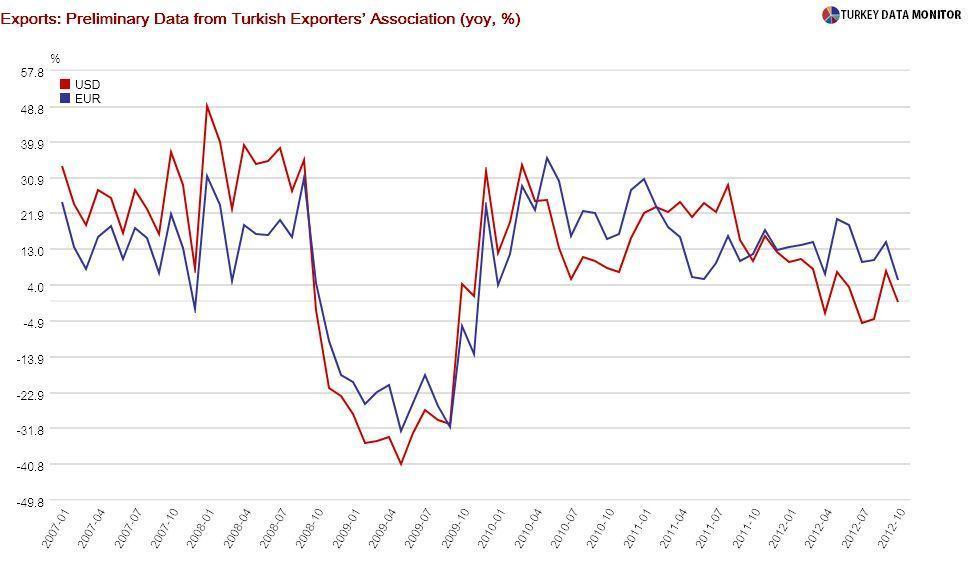
An even better candidate would be the Moody’s report on Turkey, which came out on Oct. 30. But there is nothing in the report that is different from what the ratings agency had already said early in the month: The country needs to address its external vulnerabilities and show greater resilience to balance of payments shocks for an upgrade to investment grade.
I would argue that one word defined the economic week: capital. First, speaking at a conference in Germany, Prime Minister Recep Tayyip Erdoğan resumed his economics lectures, noting that his plea to Turkish families to have at least three kids was based on the “human” factor in economics.
It turns out Erdoğan nearly got it right this time. A report published almost a year ago found that the country’s binding constraint on growth is human capital. But concentrating on the human side without the capital would result in a huge uneducated and unproductive workforce.
However, I think there is an even more important capital that defined the week. Sociologists and economists characterize the trust between individuals and groups in a society as “social capital.” Events last week showed me that this kind of capital has all but disappeared in Turkey.
First, citizens that had gathered in Ankara to celebrate Republic Day were pepper sprayed by the police on Oct. 29. Pro-Kurdish Peace and Democracy Party (BDP) members got their share the next day, as they demonstrated in support of Kurdish prisoners on hunger strike.
As I had my own experience with organic (according to the Interior Minister) pepper spray on Oct. 26, before the Beşiktaş away game in Kasımpaşa, I could sympathize with both groups. I also found it fascinating that two such opposing factions could share the same fate a day apart.
These incidents, along with the widespread protests against government ministers during the awards ceremony of the women’s tennis tournament on Oct. 28 as well as the BDP’s attempts to start a new Kurdish uprising in the southeast, have made it clear that the nation is now firmly divided into three groups: Secularists, conservative Islamists and pro-Kurds.
Even if the external rebalancing continues and the country gets its coveted ratings upgrade, or even if Turkey somewhat miraculously ends up with a highly educated labor force, not much can get done in a country that is separated along such sharp lines.


